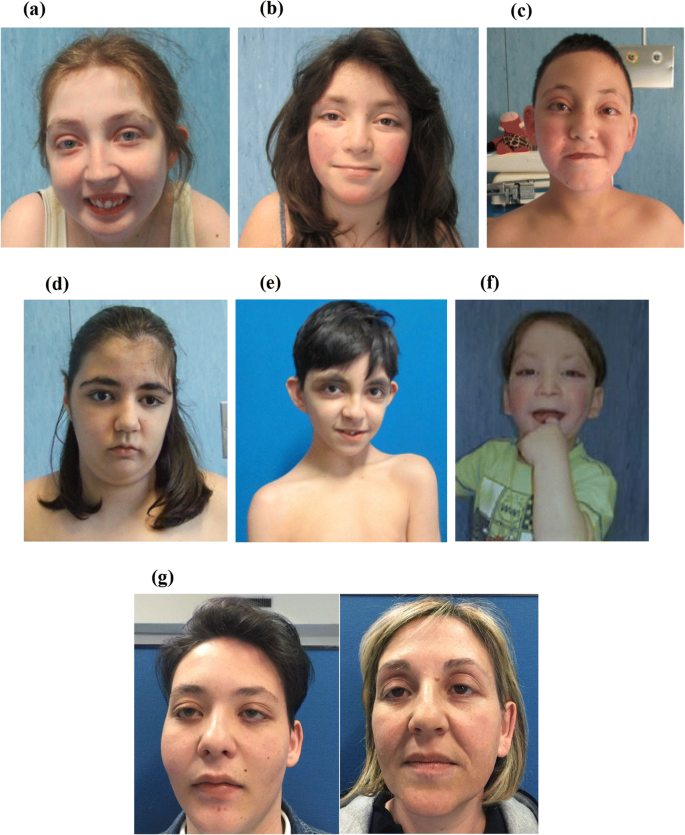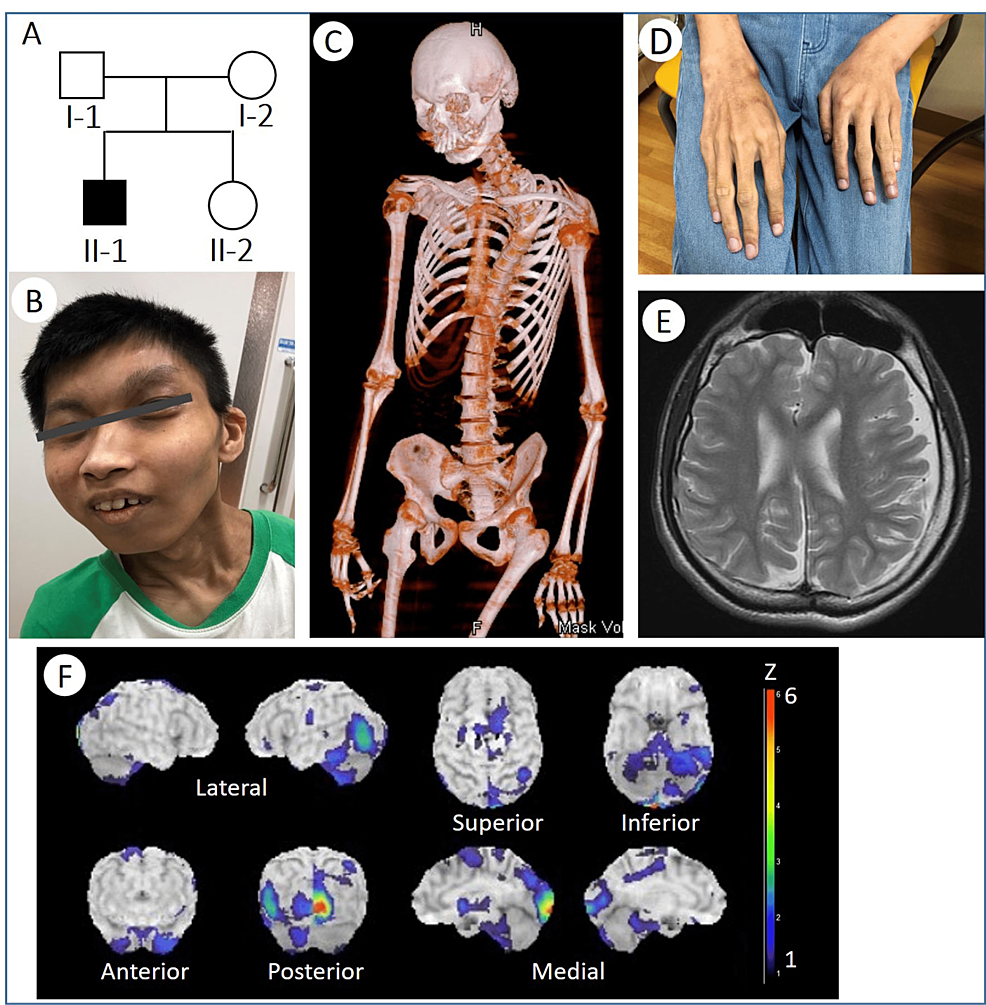Beckwith-Wiedemann Syndrome - GeneReviews® - NCBI Bookshelf
Por um escritor misterioso
Descrição
Beckwith-Wiedemann syndrome (BWS) is a growth disorder variably characterized by macroglossia, hemihyperplasia, omphalocele, neonatal hypoglycemia, macrosomia, embryonal tumors (e.g., Wilms tumor, hepatoblastoma, neuroblastoma, and rhabdomyosarcoma), visceromegaly, adrenocortical cytomegaly, kidney abnormalities (e.g., medullary dysplasia, nephrocalcinosis, and medullary sponge kidney), and ear creases / posterior helical ear pits. BWS is considered a clinical spectrum, in which affected individuals may have many or only one or two of the characteristic clinical features. Although most individuals with BWS show rapid growth in late fetal development and early childhood, growth rate usually slows by age seven to eight years. Adult heights are typically within the normal range. Hemihyperplasia (also known as lateralized overgrowth) is often appreciated at birth and may become more or less evident over time. Hemihyperplasia may affect segmental regions of the body or selected organs and tissues. Hemihyperplasia may be limited to one side of the body (ipsilateral) or involve opposite sides of the body (contralateral). Macroglossia is generally present at birth and can obstruct breathing or interfere with feeding in infants. Neonatal hypoglycemia occurs in approximately 50% of infants with BWS; most episodes are mild and transient. However, in some cases, persistent hypoglycemia due to hyperinsulinism may require consultation with an endocrinologist for therapeutic intervention. With respect to the increased risk for embryonal tumor development, the risk for Wilms tumor appears to be concentrated in the first seven years of life, whereas the risk for developing hepatoblastoma is concentrated in the first three to four years of life. Cognitive and neurobehavioral development is usually normal. After childhood, prognosis is generally favorable, although some adults experience issues requiring medical management (e.g., for renal or skeletal concerns).

Beckwith-Weidemann syndrome with IC2 (KvDMR1) hypomethylation
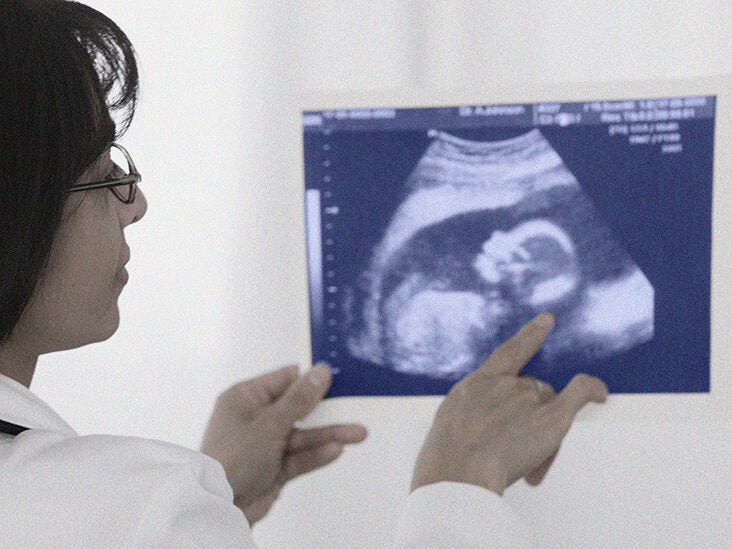
Beckwith-Wiedemann syndrome: Causes, symptoms, treatment, and more
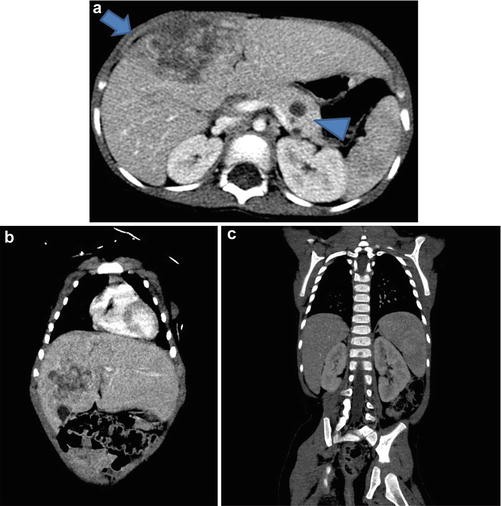
Beckwith-Wiedemann Syndrome

The Clinical Course of an Overgrowth Syndrome, From Diagnosis in
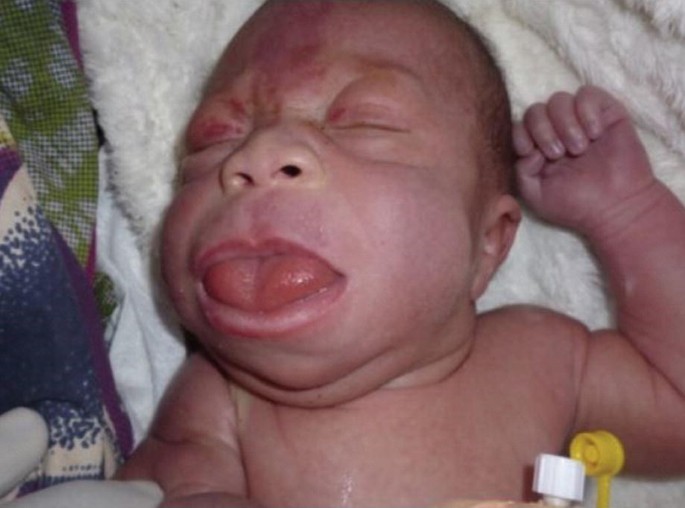
Beckwith-Wiedemann Syndrome
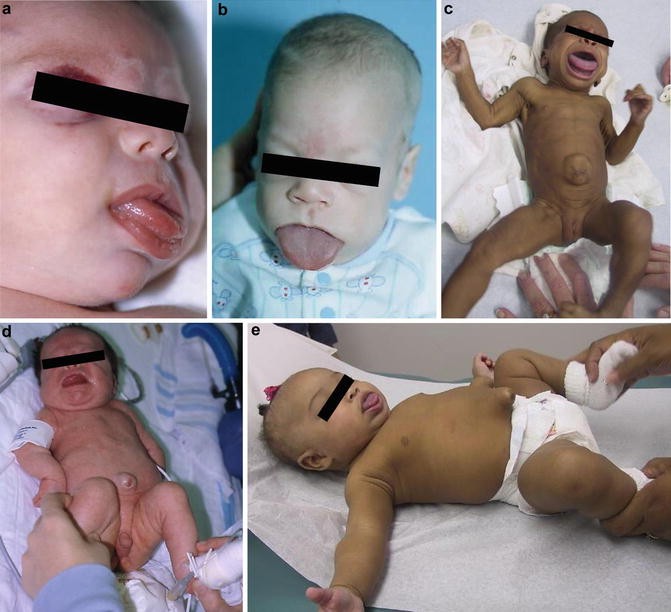
Beckwith-Wiedemann Syndrome
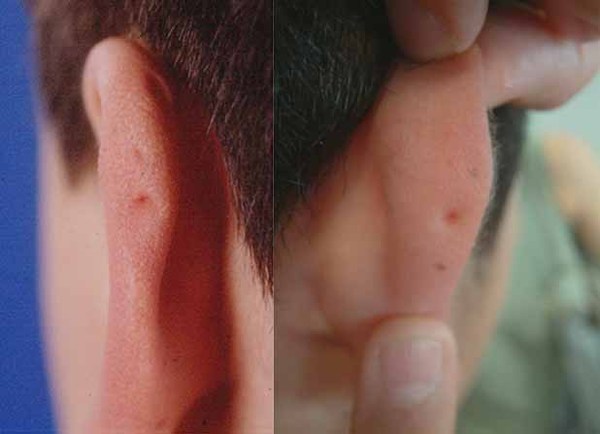
Beckwith-Wiedemann syndrome: MedlinePlus Genetics

Representative cardinal and suggestive features of Beckwith
Genetics: Metabolism and Conditions With Distinctive Appearance

1q21 1 Deletion Syndrome: Most Up-to-Date Encyclopedia, News & Reviews
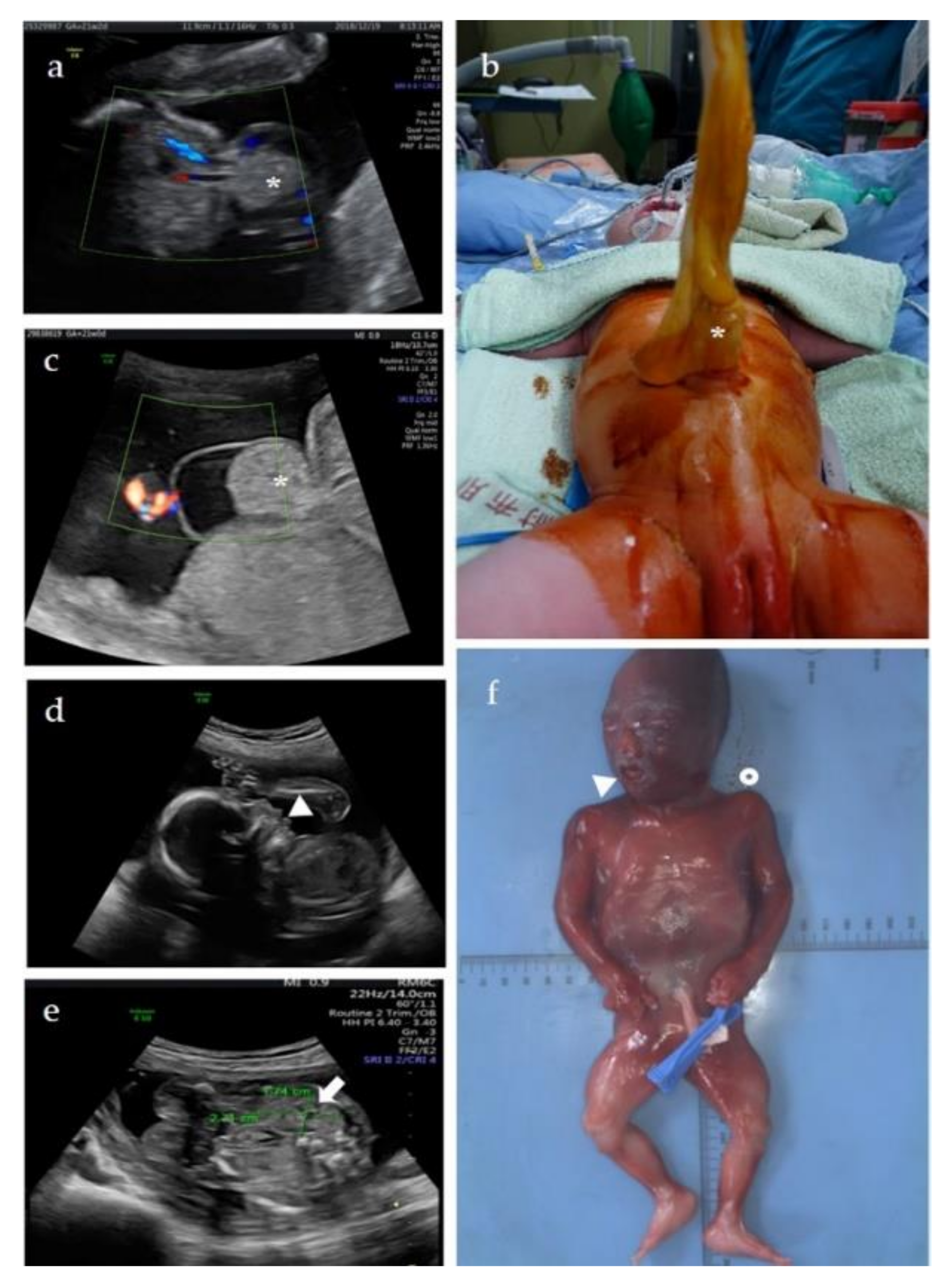
Diagnostics, Free Full-Text

Cancer Risk in Beckwith-Wiedemann Syndrome: A Systematic Review
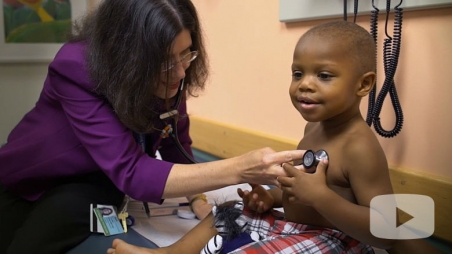
Beckwith-Wiedemann Syndrome Resources

Beckwith-Wiedemann syndrome: Causes, symptoms, treatment, and more
de
por adulto (o preço varia de acordo com o tamanho do grupo)

